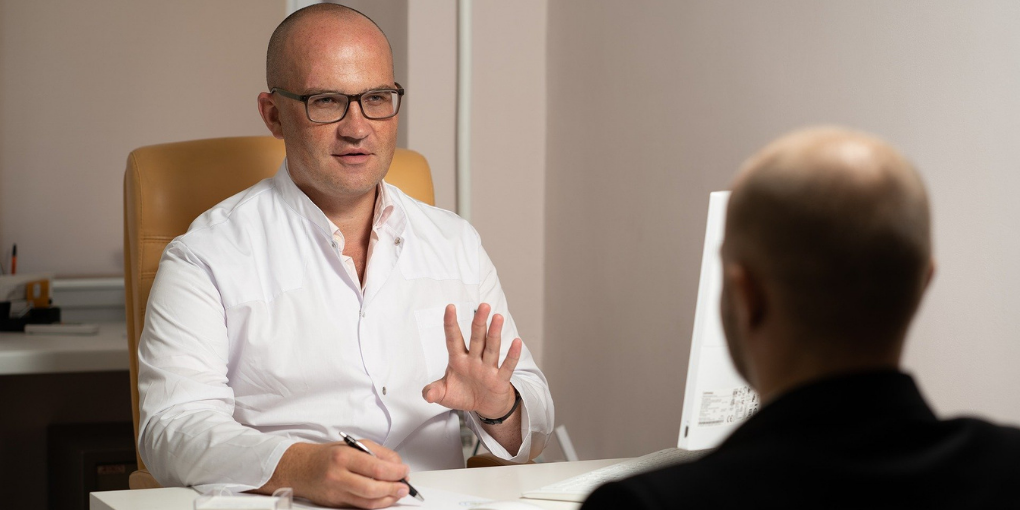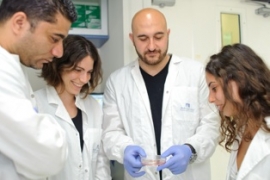People with intellectual disabilities have one of the lowest health access rates and outcomes, reported from UN data. This means that the people who need easier access to healthcare are finding more barriers to receiving proper care. However, the Special Olympics Israel (SOI) is working to change that with a new solution to an old system – reeducating physicians on how to manage people with disabilities. People with intellectual disabilities specifically likely need more time with the doctor, in order to process, respond, ask questions, and receive the right attention in order to be fully medically supported.

Sharon Levy-Balanga, CEO of SOI, is working with the Israeli Medical Association to create an online course on “how to treat patients with intellectual disabilities, how to create an inclusive clinic, and how to change attitudes and practices to be inclusive.”
One method is to bridge the gap between patient and doctor, who both might need support in more effective communication. The presented solution is a “digital medical passport” which creates a platform for the patient to fill in a form prior to seeing the doctor and gets sent directly to them. The form includes questions, symbols, and language to focus on 5 dimensions of accessibility: environment, information, communication, process, and technology.
The technology was established by the Israel Institute for Cognitive Accessibility and MAX, a university program where students develop social tech projects. It will run the first trial with the 1,300 members of SOI.
The technology can be translated into different languages and transforms the way physicians communicate with their patients with disabilities. By easing the medical experience between these two parties, care and communication can only increase, while frustration decreases – and that’s a win-win.








